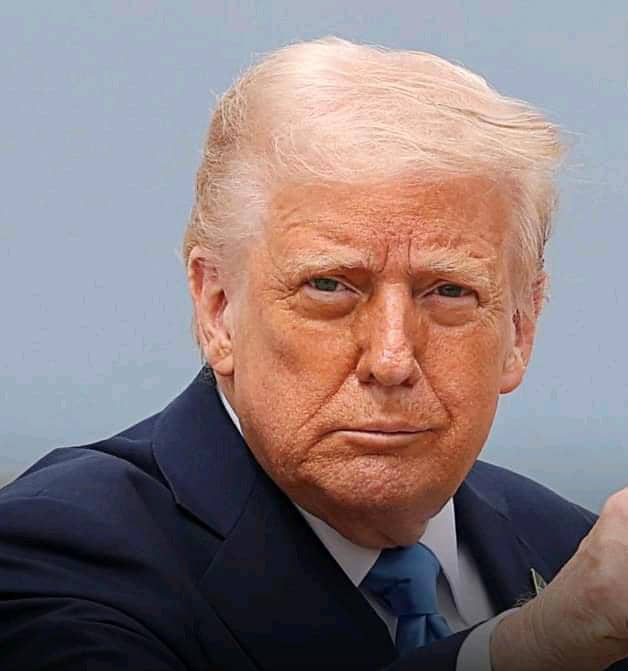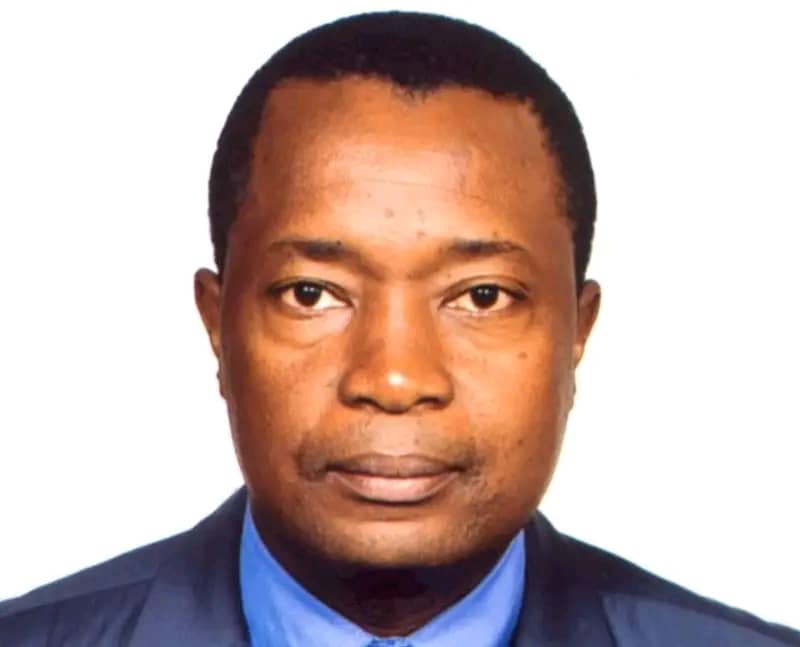By Burnett Munthali
President Donald Trump has once again stirred controversy with his blunt remarks, this time pointing fingers not at China but at his own country’s past leadership.
Speaking on trade relations between the United States and China, Trump declared that he does not hold China responsible for the imbalanced economic relationship that has long favored the Asian giant.
Instead, he laid the blame squarely on what he described as “stupid” former US presidents who, in his view, failed to negotiate fair and strategic trade deals on behalf of the American people.
Trump’s comments reflect his consistent narrative that American leadership prior to his administration was weak, incompetent, and easily manipulated on the global stage.
By absolving China of blame, Trump appears to acknowledge that the Chinese government simply acted in its own national interest, maximizing benefits from deals that US negotiators willingly signed.
This statement is emblematic of Trump’s broader “America First” ideology, which criticizes globalization and previous administrations’ international cooperation as harmful to US economic and strategic interests.
The former president has frequently targeted trade agreements such as NAFTA, the Trans-Pacific Partnership, and US-China trade deals, arguing that they contributed to the erosion of American manufacturing and job losses.
He positions himself as the corrective force in US politics—one who recognizes the flaws of past diplomacy and is bold enough to confront them head-on, regardless of political fallout.
Trump’s use of the word “stupid” to describe his predecessors is not just an offhand insult; it underscores his belief that previous presidents lacked the business acumen necessary to outmaneuver global economic competitors.
Critics, however, view such rhetoric as dangerously simplistic and damaging to the long-standing norms of presidential discourse and diplomacy.
Some analysts argue that by blaming past US leaders and not addressing China’s controversial trade practices—such as intellectual property theft and state subsidies—Trump simplifies a highly complex issue.
Others, however, find merit in his critique, pointing out that administrations from both major parties allowed the US trade deficit with China to balloon over several decades.
This shift in blame also signals a strategic move: Trump aims to frame himself as the outsider who challenged a broken system while past presidents passively allowed the erosion of American power.
It’s a tactic that has resonated with a large base of supporters who feel left behind by globalization and disillusioned with establishment politics.
Moreover, this framing may be part of Trump’s larger campaign strategy should he seek reelection, painting a picture of himself as the




